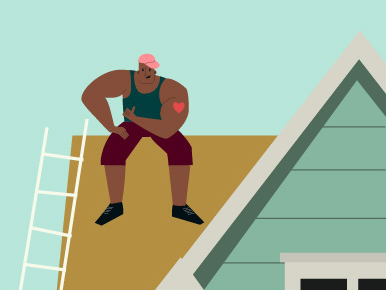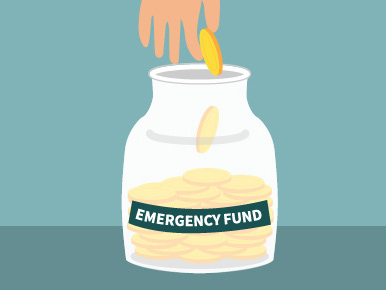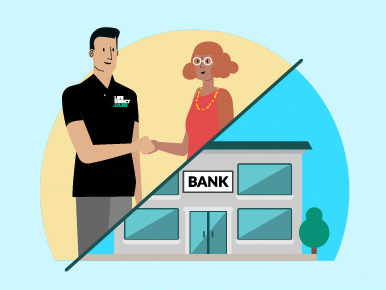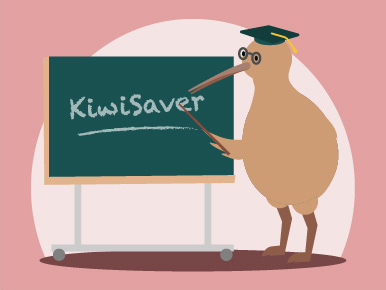With no ‘planet B’ to turn to, many people are looking for ways to reduce their carbon footprint and their impact on the environment – and why not, maybe even save some money in the process.
Sound like you? Check out these expert tips and insights to get started.
Turning off your appliances at the wall
You probably already turn off all your appliances when you're not using them, but did you know that some of them keeps using power even when they're off?
Usually, any device that has an LED light or digital clock (like a TV or a micro-wave oven, for example) use a little bit of electricity when they're in standby mode. And even though in most cases that's not much, it can add up.
According to EnergyWise, appliances left on standby can cost Kiwis up to $100 a year on their power bill. How much power an appliance uses depends on the type and whether it's connected to your WiFi or performing any system updates when ‘off’. The solution? It's a good idea to turn them off at the wall socket.
Saving water
Drip drip drip… while a leaking tap may not be the most alarming plumbing issue, it can waste a large amount of water over time – 1,000 litres a year, to be exact. And a leaking toilet cistern can waste 15 times more than that.
So, if you'd like to conserve water usage, fixing leakages is a good place to start. Plus, according to some councils' guidelines, there are a number of other things that you can do, like:
- Limiting your shower times and avoiding baths;
- Using a water efficient dishwasher, and before loading it, soaking dishes briefly in soapy water rather than rinsing them;
- Installing a dual-flush adaptor and/or a flush saver device in your toilet;
- Filling the sink to wash your face and hands etc.
These are just some practical examples; you can find more here.
Reducing food waste
157,389 tonnes of food – that's how much New Zealand households throw away, on average, every year, according to LoveFoodHateWaste.co.nz. It's a staggering amount that's worth about $1.17 billion a year.
Again, food for thought (pun intended!). The reality is food waste is not just bad for your wallet, but for the environment too. Global data shows that 6% of global greenhouse gas emissions come from food losses and waste. What's more, around one-quarter of the calories produced around the world are thrown away, either because they're spoiled in supply chains or wasted by consumers, restaurants, and retailers.
So, how can you make a difference? You can take this quiz to find out how much food and money you're wasting, and then check out these ten tips.
Reducing the impact of transport
With petrol costs through the roof, you may be looking for ways to move around more sustainably, depending on the distance you need to cover.
From walking or cycling to work through to sharing the ride with other commuters, you might be able to leave the car at home a few days a week. Based on your budget, going electric may also be an option, be that an eBike or an electric vehicle. Rightcar.govt.nz can help you search for your next car, including any vehicles that might be eligible for a Clean Car Discount.
Growing your own vege garden
We all know how expensive produce can be here in New Zealand, for several reasons that include our small size, location and of course, high import prices.
If you have space outside, you can consider growing your own vegetable. It's a zero-waste, zero-packaging solution, and it doesn't involve any transport emissions. What's more, according to research, it also has a stress-relieving effect.
Not quite sure which vegetables to grow? Here are ten that other Kiwi home gardeners recommend.
Time to protect your life and health?
Living sustainably can also mean living a healthier life, and here at LifeDirect, we're all about helping Kiwis protect theirs.
Looking for insurance? Our quote compare tool is a great starting point, and if you have any questions, our team of friendly insurance advisers will be happy to answer them. Give us a call on 0800 800 400, start a Live Chat or fill in our contact form to get in touch.
Disclaimer: Please note that the content provided in this article is intended as an overview and as general information only. While care is taken to ensure accuracy and reliability, the information provided is subject to continuous change and may not reflect current developments or address your situation. Before making any decisions based on the information provided in this article, please use your discretion and seek independent guidance.


